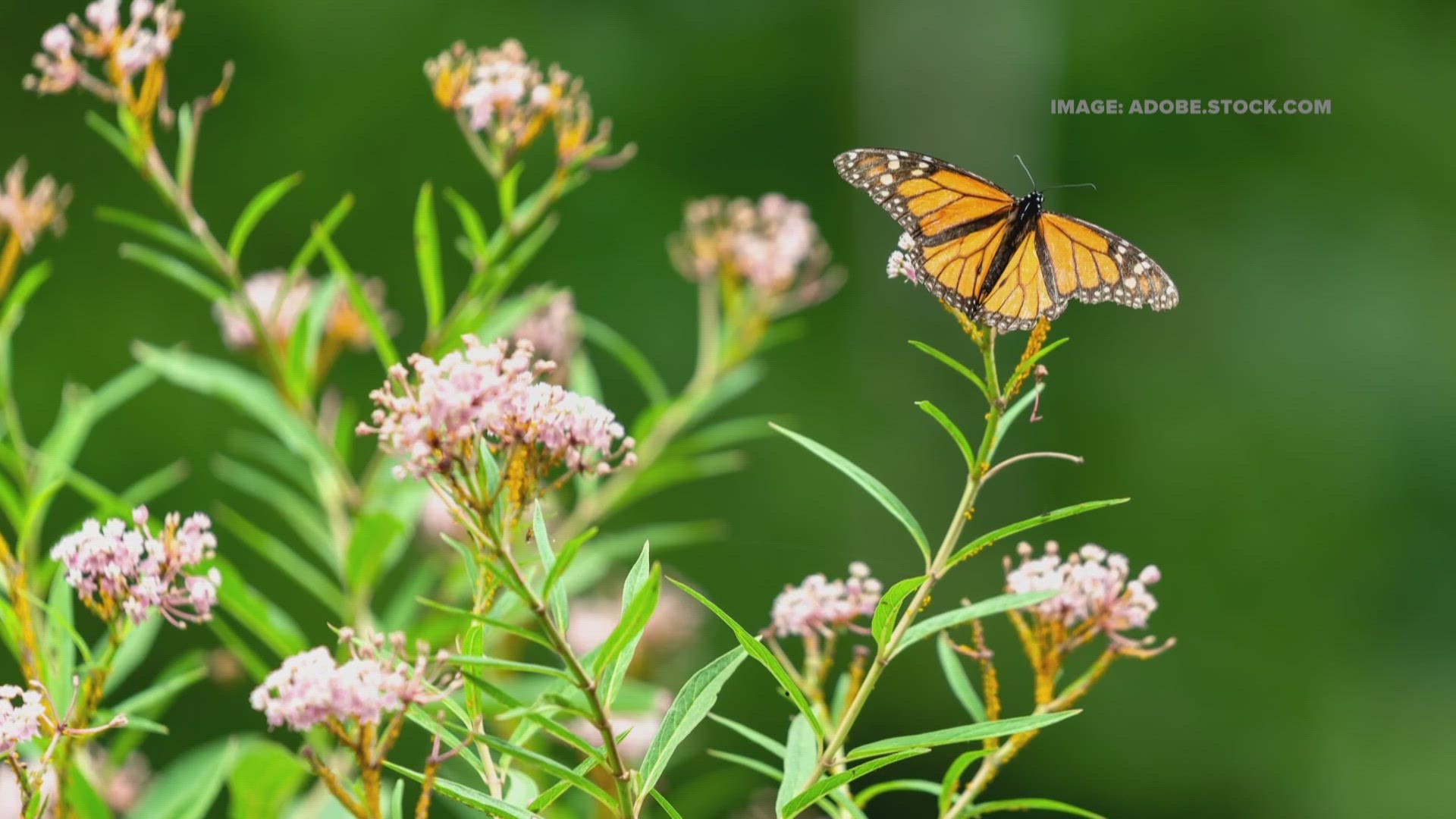GREENSBORO, N.C. — This week the Greensboro City Council adopted a policy to promote the use of native plants and eliminate invasive ones from city-owned facilities. From now on whenever the City installs new or replacement plant materials in outdoor landscaped areas of city property, at least 50 percent of seeds and plants must be classified as native to North Carolina. The city is also working to list plants native to just Guilford County. There are a few exceptions like athletic fields, plants used for soil and water remediation, feeding of zoo animals, and parks with educational purposes like the botanical garden. It also does not apply to private property.
As a reason for the new ordinance, the City writes: "Native plants help maintain, restore and protect the health and biodiversity of local ecosystems, supporting native pollinators, birds and other wildlife. Native plants often require less maintenance, in addition to being part of the historical and cultural heritage of the community."
“The Community Sustainability Council (CSC) is mindful of our City's ambition to revitalize our City's green spaces with native plants, flowers, shrubs, and trees that reflect the beauty of our state and region,” said A. Nicole Gaines, co-chair of the CSC. “It is a teachable moment for our communities that the natural North Carolina ecological footprint is thriving!”
If you want to put more native plants in your own yard, the garden curator at the Paul J. Ciener Botanical Garden Kenersville says milkweed is a great place to start. It's easy to grow and helps caterpillars in a big way.
“It produces a latex-like white milky sap. That is unappealing to the predators," Adrienne Roethling said. "So that's why they eat that so they become unappealing to the predators. So milkweed you definitely need to grow.”
If you want to find more native plants for your garden, check out the North Carolina Native Plant Society.
RELATED: It's 'No Mow May'

